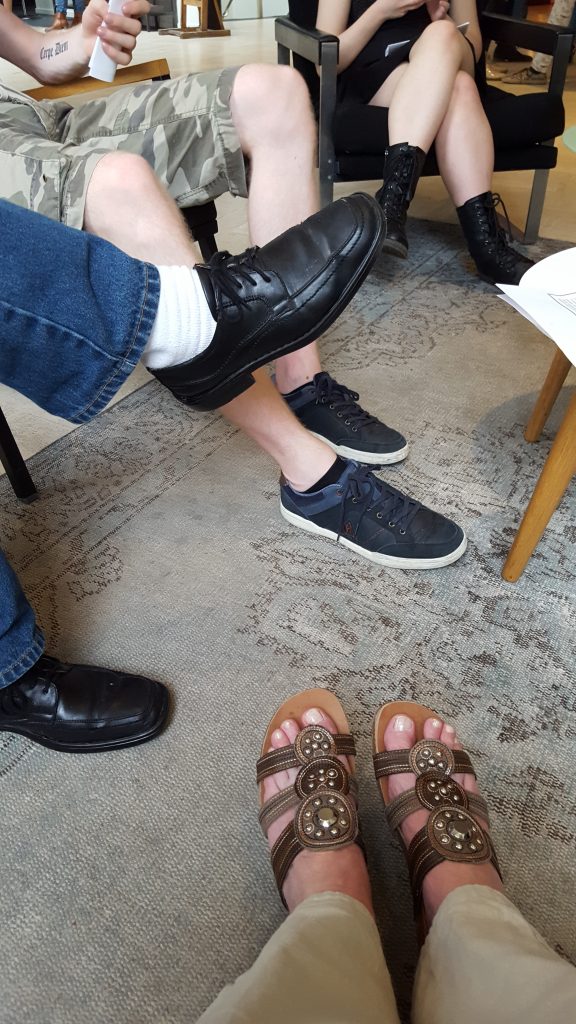
M.C. Escher, a Dutch graphic designer/artist born 120 years ago – he keeps going viral on social media and almost has pop star status. Who doesn’t know his graphics? Impossible perspectives, metamorphoses and optical illusions are the programme in his pictures and an almost endlessly repeated theme. A brilliant visionary!
Continue reading “Respect (Part 2)”









